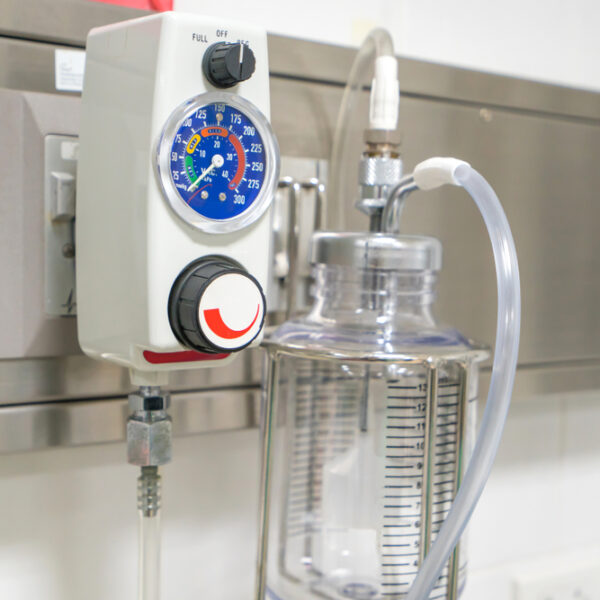
Causes, Symptoms, And Treatment Options For Shingles
Causes, symptoms, and treatment options for shingles One in three people in the country suffers from shingles once in their lifetime. Shingles can also result in health complications if not checked and treated on time. Immunity plays a pivotal role in managing the symptoms of shingles. Read on to find out more about the causes, symptoms, and popular treatment options. What are the risk factors associated with shingles? Shingles is common in people who are older than fifty and have previously suffered from chicken pox. Associated risk factors that contribute to the developing condition include diseases that weaken the immune system. Ongoing treatment for cancer including radiation and chemotherapy can decrease resistance to the diseases and can also trigger symptoms. For people who have undergone an organ transplant, medications are prescribed to prevent the rejection of the new organ. However, prolonged use of these medications and steroids increase the chances of shingles. What causes shingles? The varicella-zoster virus that causes chickenpox is also the chief trigger of a developing shingles condition that mainly affects nerve endings in the skin. The virus stays dormant after an episode of chicken pox, but there is a high possibility of shingles developing after many years.









